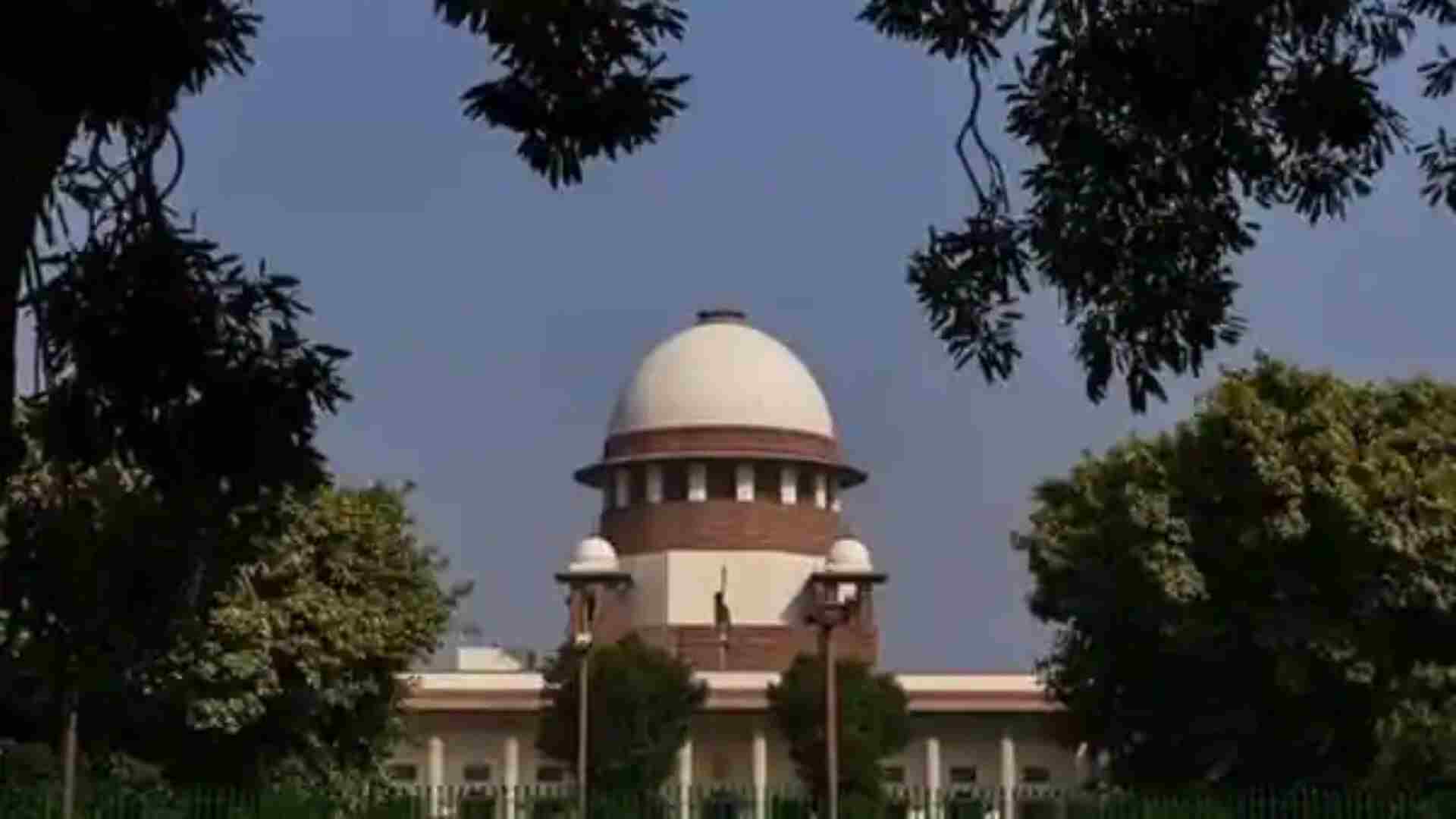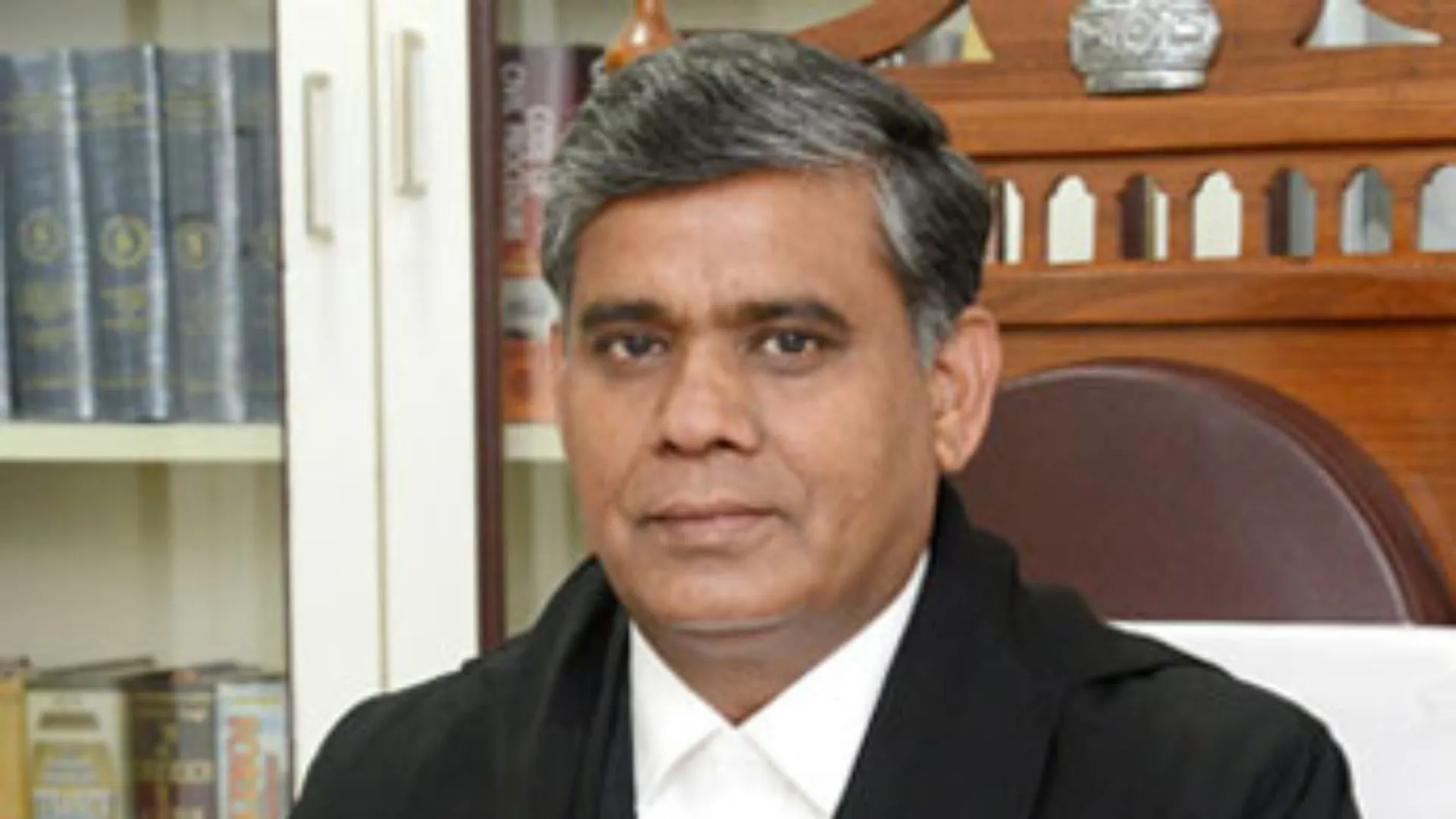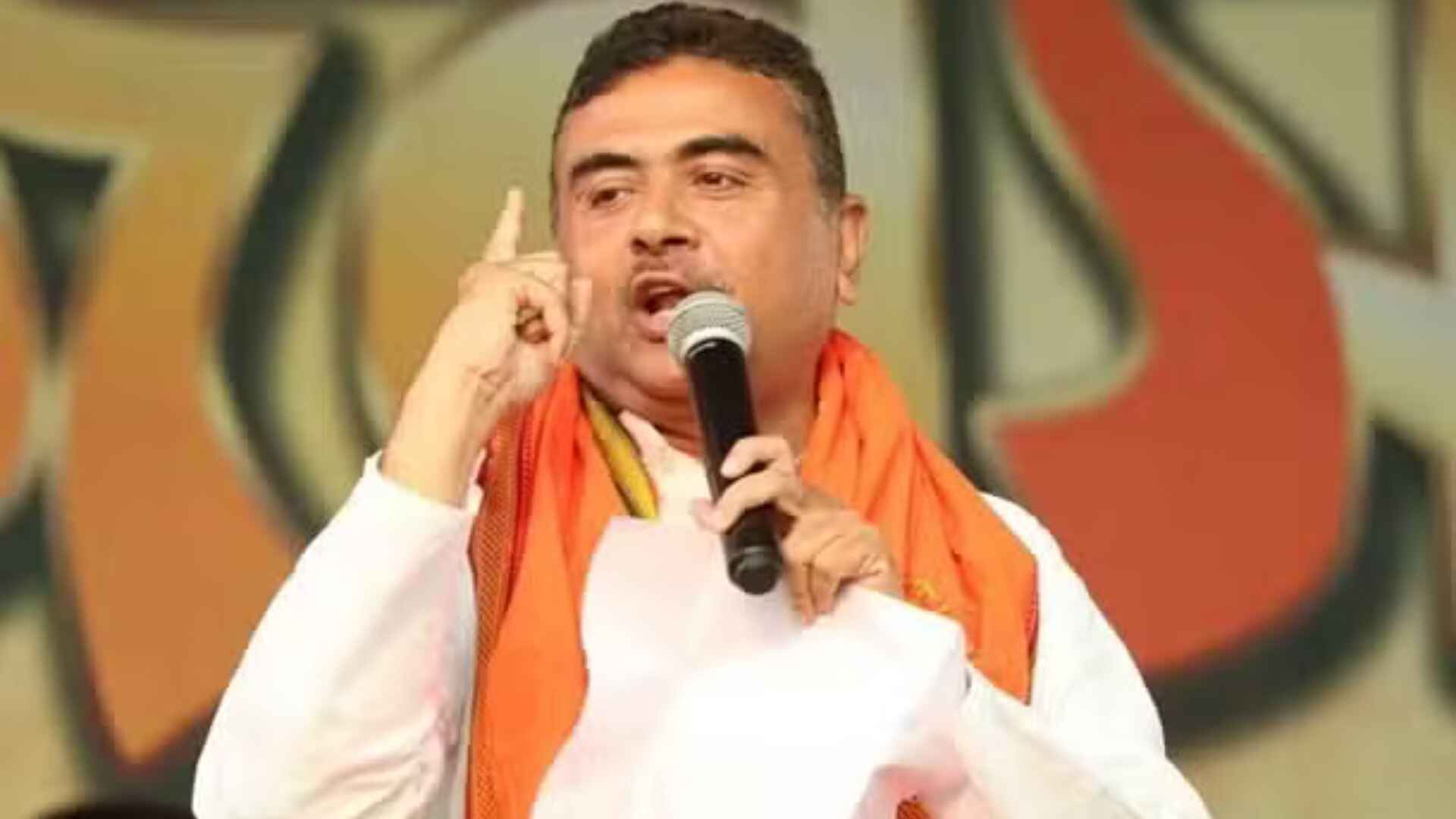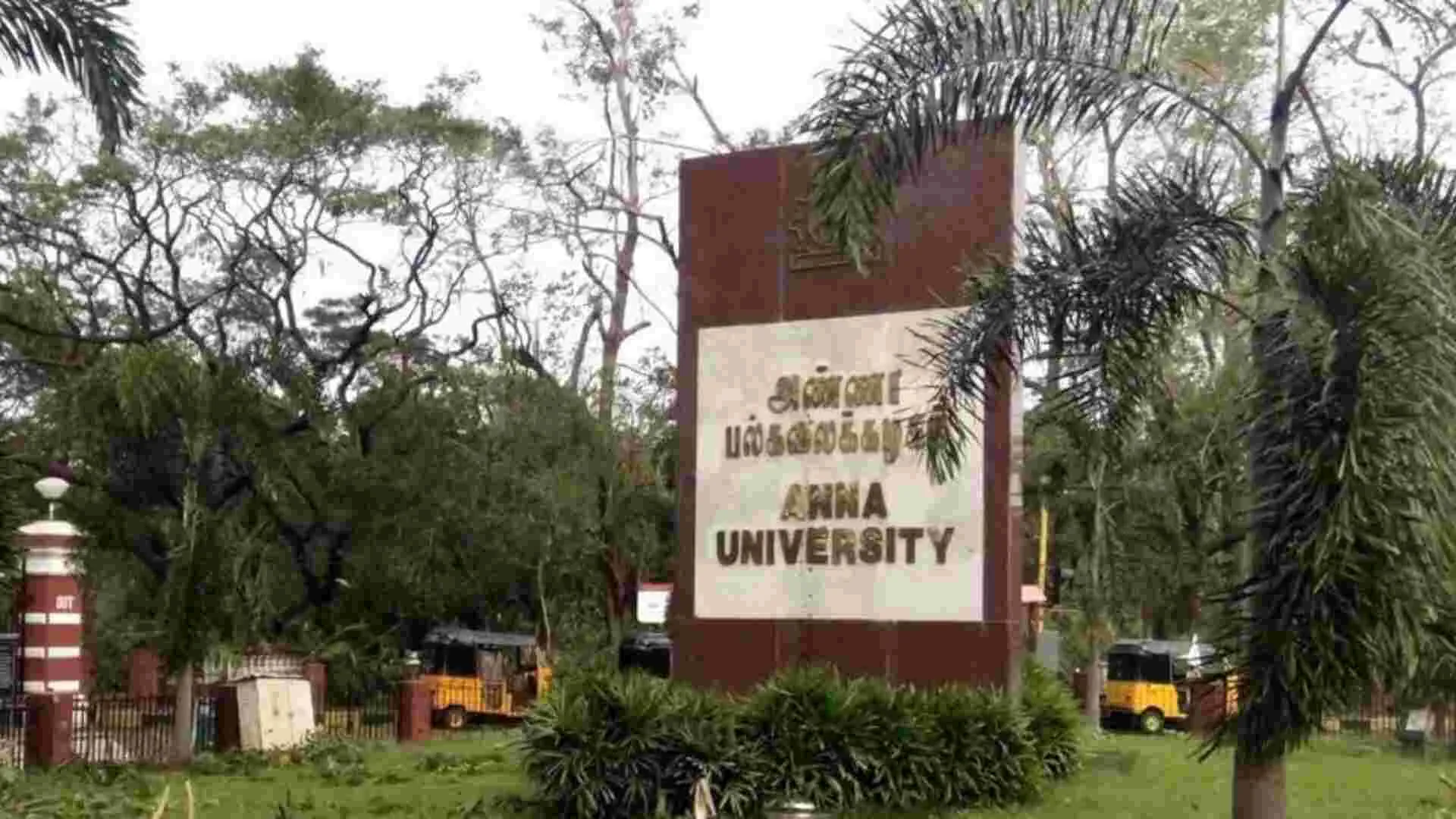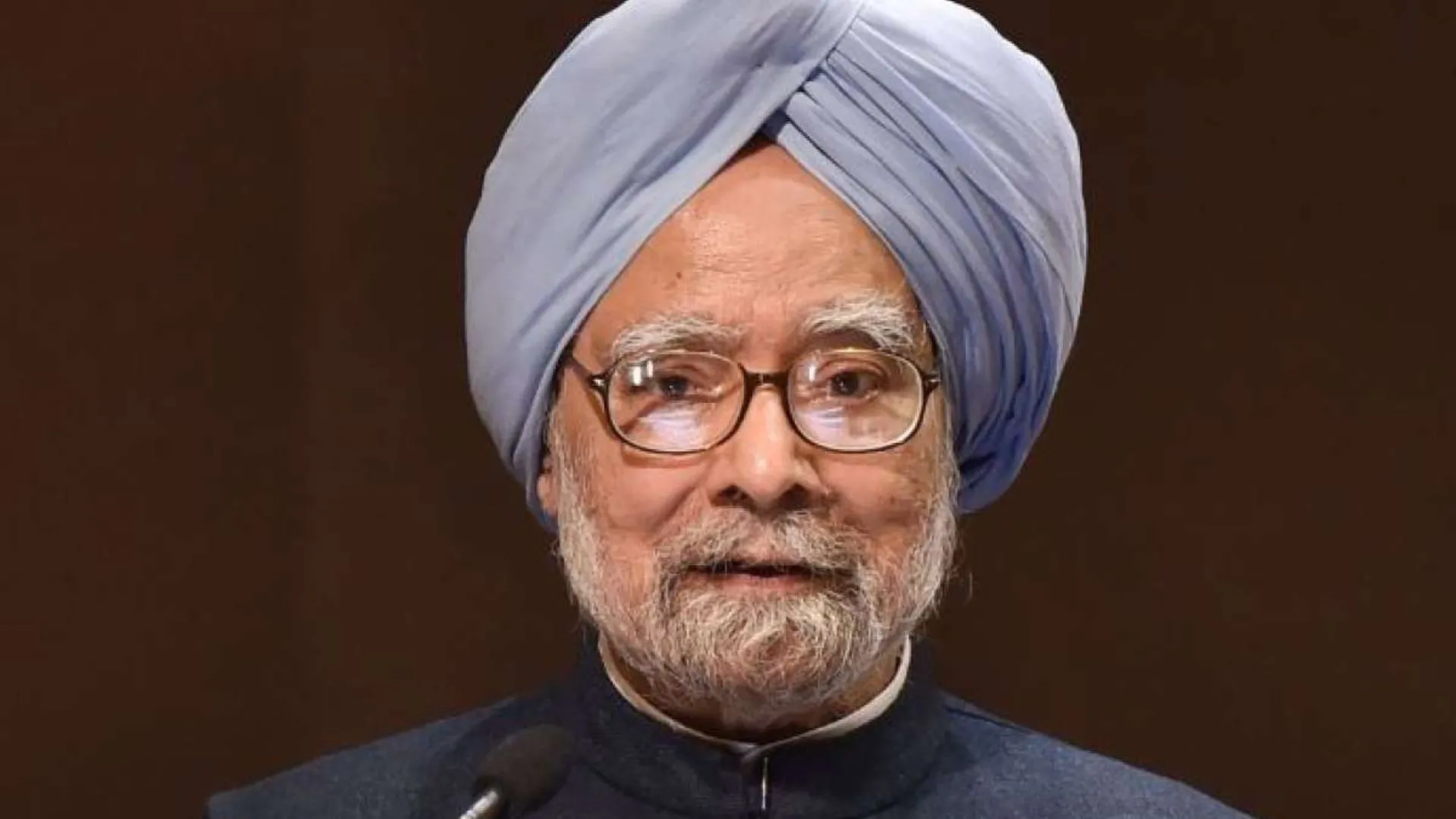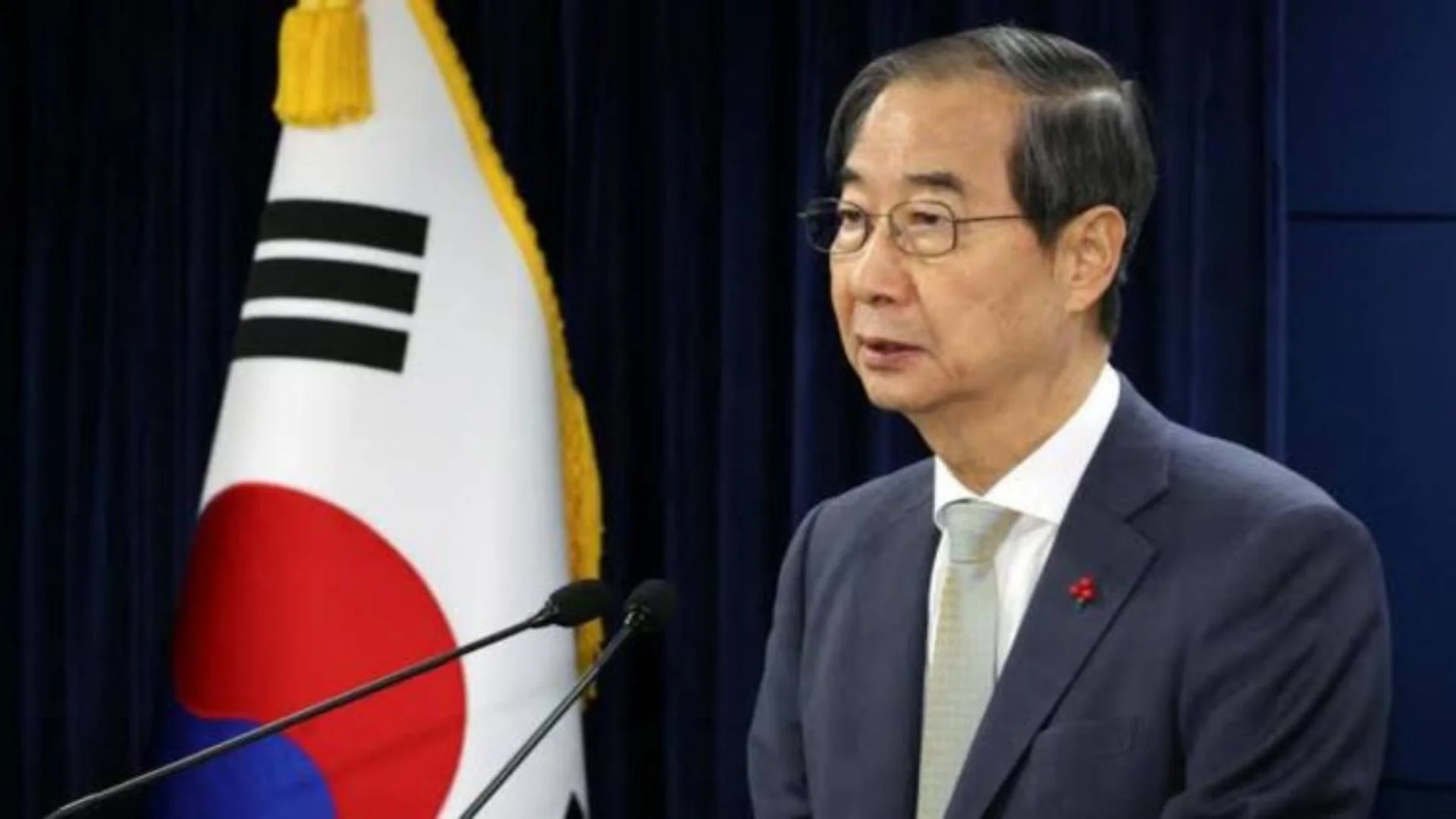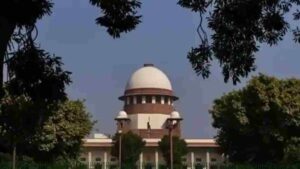In a significant ruling today, the Supreme Court of India declared that downloading and viewing child pornography constitutes an offence under the Protection of Children from Sexual Offences (POCSO) Act. The bench, led by Chief Justice DY Chandrachud and Justice JB Pardiwala, overturned a previous decision by the Madras High Court, which had stated that such actions were not prosecutable under the law.
Background of the Case
The ruling originated from a case involving a 28-year-old man accused of downloading child pornography on his mobile device. The Madras High Court had previously dismissed the criminal proceedings against him, arguing that children today are increasingly exposed to pornography and that society should focus on education rather than punishment.
Supreme Court’s Decision
The Supreme Court’s ruling reinstated the criminal charges against the individual. The bench criticized the Madras High Court for what they deemed an “egregious error” in its judgment.
Justice Pardiwala, in his remarks, expressed gratitude to the Chief Justice for the opportunity to draft the judgment. The court’s decision highlighted Section 15 of the POCSO Act, which prescribes penalties for the storage of pornographic material involving children. According to this section, individuals who store such material without reporting or destroying it face fines starting at five thousand rupees. Repeat offenders could incur fines of up to ten thousand rupees. Additionally, if the material is intended for further distribution or promotion, the punishment could include imprisonment for up to three years. In cases involving commercial storage of child pornography, the imprisonment term could range from three to five years, with a potential increase to seven years for repeat convictions.
Justice Pardiwala emphasized the psychological and societal harm that child pornography inflicts on victims. He noted the need for the Parliament to consider amending the POCSO Act to explicitly categorize child pornography as child sexually abusive and exploitative material. The bench suggested that an ordinance might be introduced and advised all courts to refrain from using the term “child pornography” in their rulings.
The Chief Justice characterized the ruling as “landmark” and acknowledged Justice Pardiwala’s contributions to the decision.

